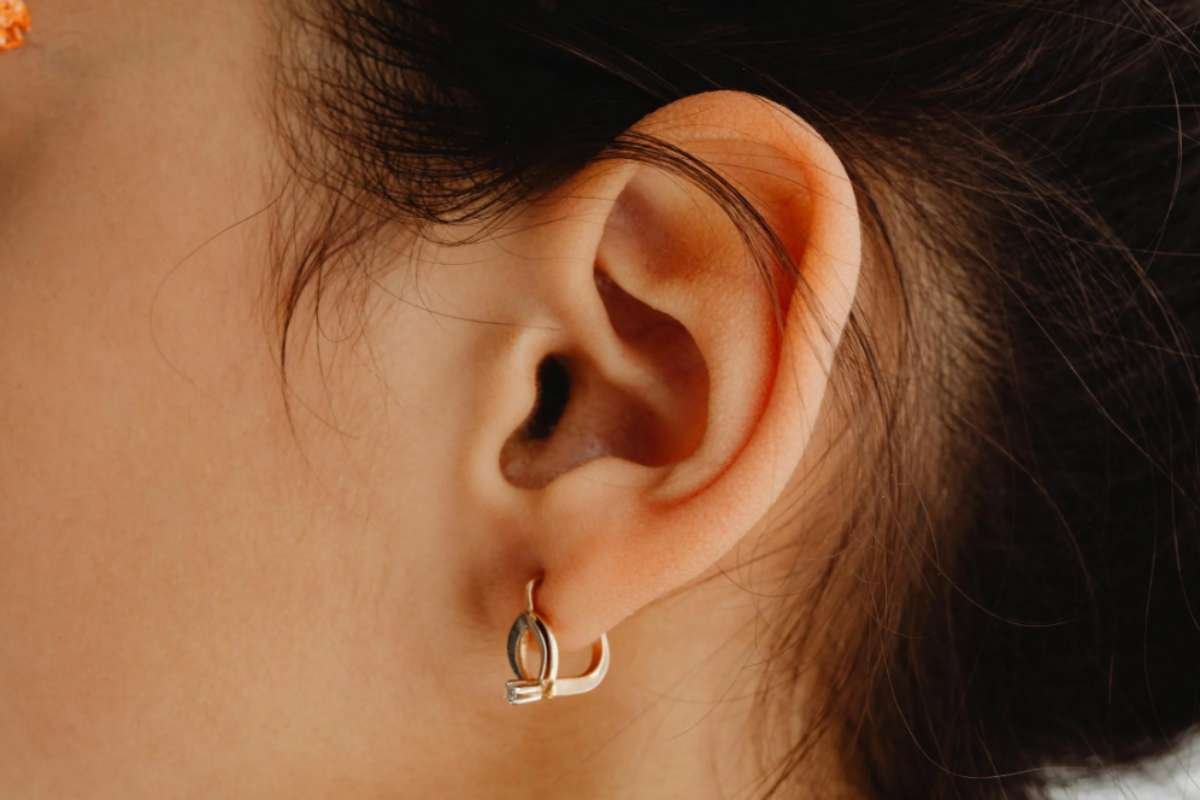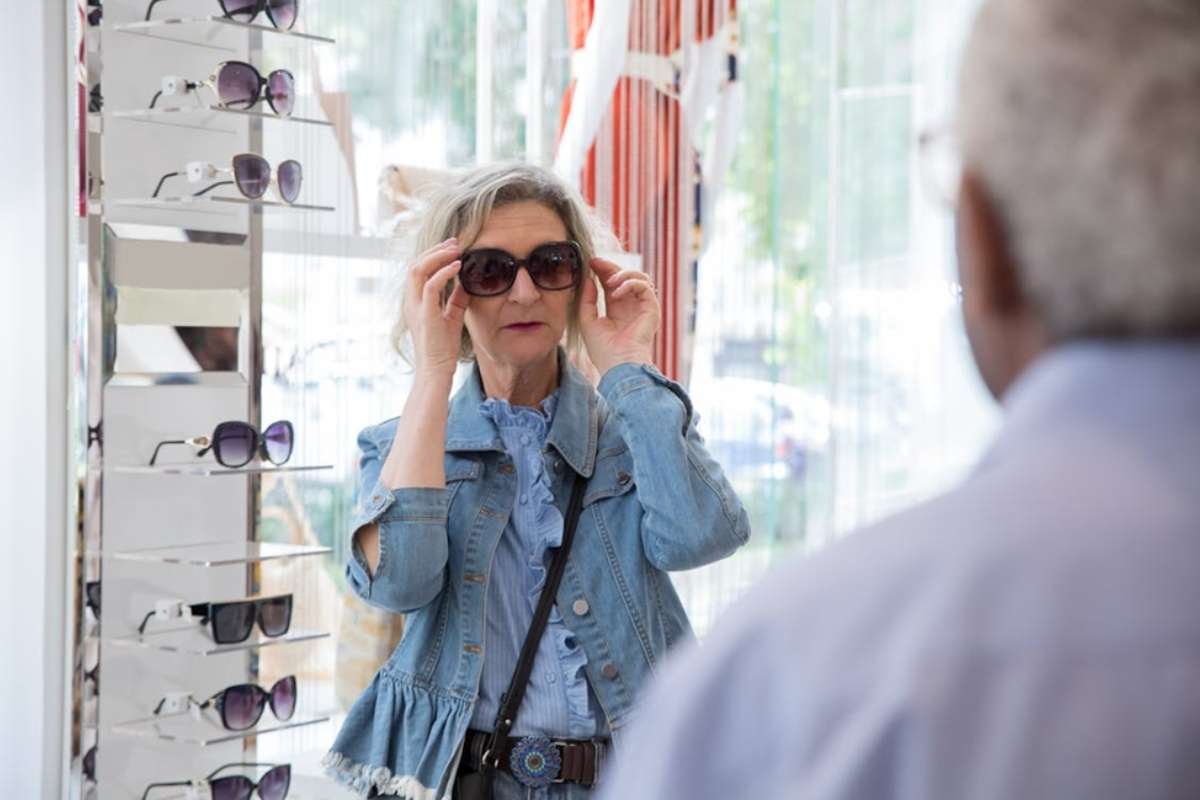Hearing loss affects many people, whether it’s due to aging, a sudden incident, or another reason. That does not mean, though, that it happens the same way for everyone. It requires more than a one-size-fits-all treatment plan, as women going through this process find out. Let’s talk about the factors that make each woman’s experience with hearing loss unique. Understanding these differences is key to crafting the right solution for the individual.
5 factor of experience hearing loss in women:
1. The role of genetics
Genetic conditions may also predispose certain women to early-onset hearing loss or conditions like otosclerosis, an abnormal bone growth in the middle ear. White, middle-aged women are more at risk of otosclerosis. Understanding family history is key to prevention and treatment strategies.
2. Hormones and hearing loss
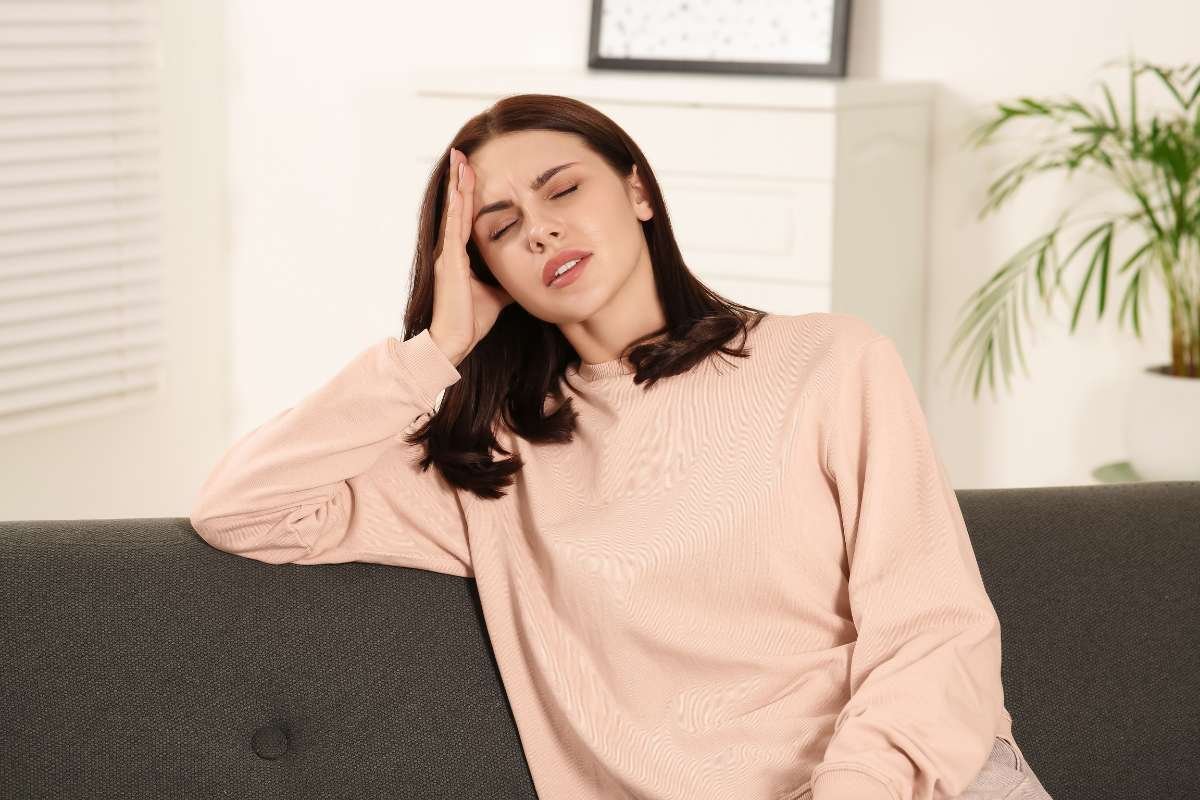
Females may experience hearing loss differently from males due to hormonal changes and other factors. Estrogen and progesterone have a role in auditory processing. Variations during menstruation, pregnancy, and menopause can affect hearing sensitivity temporarily or long-term. For instance, tinnitus (ears ringing) during shifts in hormone levels can happen.
3. Hormones and hearing loss
Certain conditions that impact women more than men, such as autoimmune disease, can also influence hearing. For instance, lupus and rheumatoid arthritis can affect blood vessels and tissues in the inner ear. In some individuals, an overactive immune system can mistakenly attack the complex parts of the ear and lead to hearing loss over time.
4. About hearing loss diagnosis and treatment
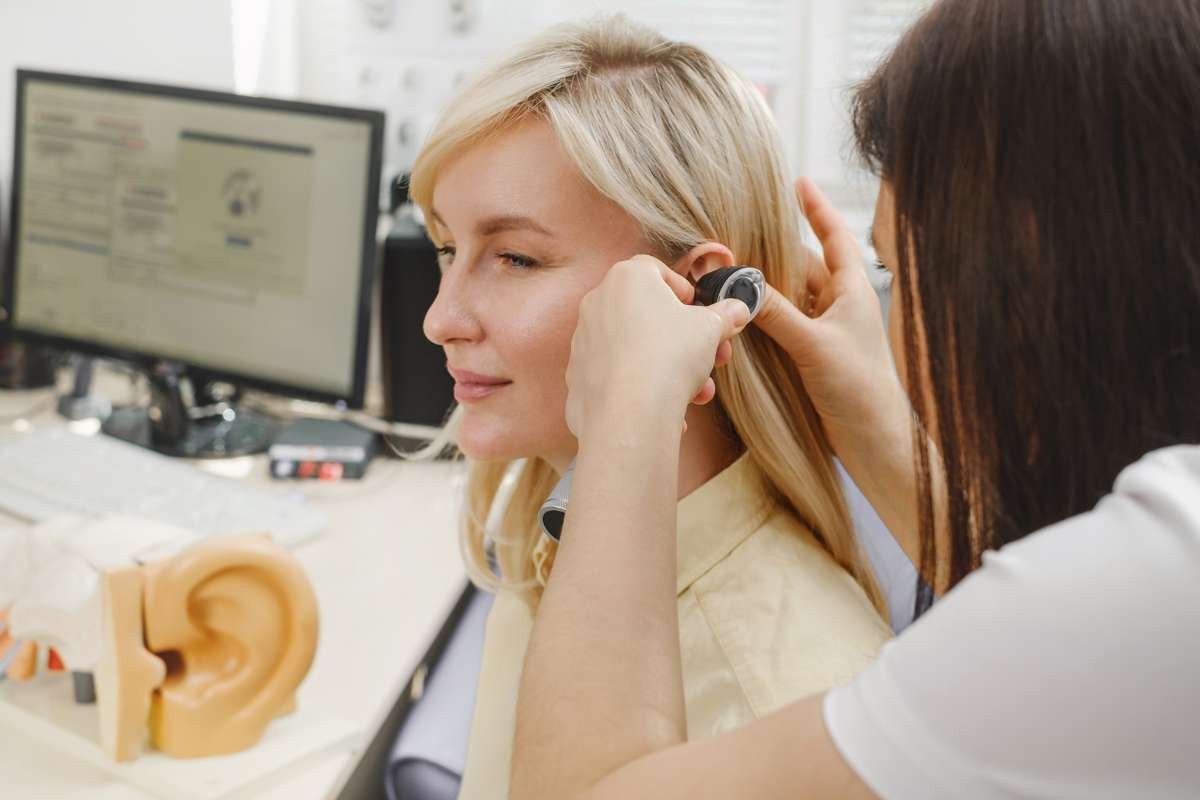
Autoimmune-related hearing loss in women may come and go, making monitoring important for diagnosis rather than a one-time test that many with age-related hearing loss get. Determining the correct testing for a proper diagnosis and the subsequent treatment plan is done by a hearing care professional. It is based on the individual’s needs, as part of how hearing professionals support rehabilitation. This expert also assists in the emotional aspect of the hearing loss journey.
The Emotional Side of Hearing Loss
Hearing loss in women is more than just physical. It is emotional too, often bringing up feelings of frustration, anxiety, and isolation in those who receive this diagnosis. Hearing professionals help by providing support during this time, in addition to medical care with hearing aids fit for the individual or another personalized approach.
5. About ongoing care
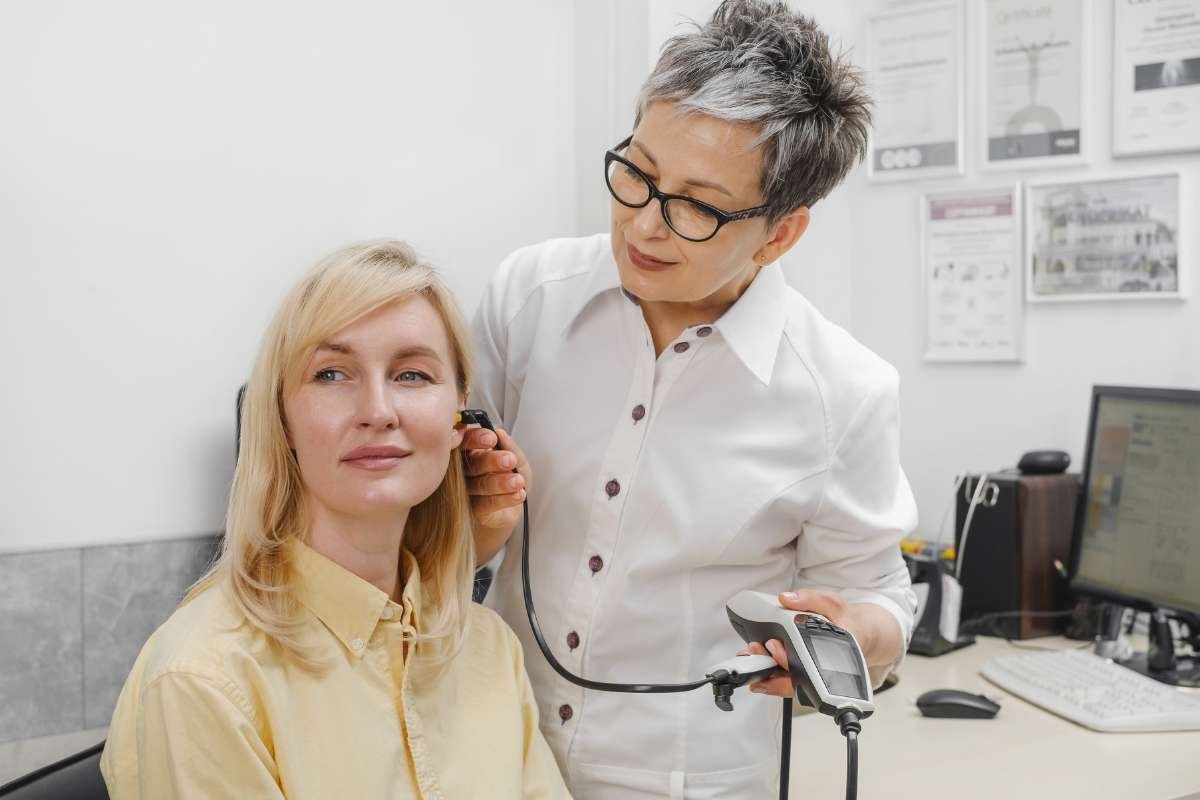
Even with treatment, maintaining hearing health requires ongoing care. That includes regular hearing checkups, monitoring changes over time, and adapting to lifestyle changes. Checkups help monitor progress and also catch any new hearing changes early. All of these things contribute to long-term hearing health for women.
Conclusion: The Need for a Custom Treatment Plan
As no two women experience hearing loss the same way, solutions must be customized. That makes sense, given that what works well for one may not for someone else. A tailored treatment plan may include hearing aids, assistive listening devices, or therapy to improve communication techniques.
Recognizing the importance of emotional support alongside medical care is important for women to regain their hearing and also their quality of life. Proactive, custom care rather than one-size-fits-all solutions can benefit many women experiencing hearing issues.

